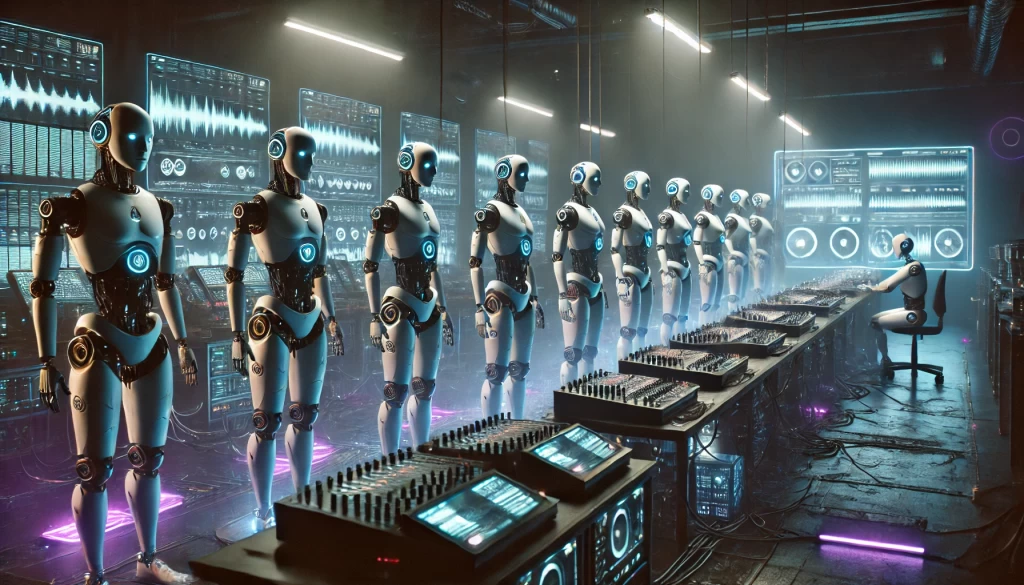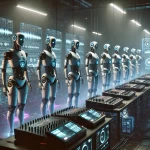The AI Revolution: A Creative Renaissance or an Artistic Apocalypse?
With advanced features targeting professional-grade outputs, Suno 4.0 is not just a tool but a potential industry game-changer. The upgrade promises unmatched precision, enhanced control, and nuanced soundscapes, raising an important question: How will AI shape the future of music?
In a world where technological evolution has always intertwined with artistry, Suno’s latest leap compels both musicians and audiences to ponder the implications for creativity, authenticity, and the human connection in music.
What Does Suno 4.0 Mean for Creators?
Suno 4.0 promises to blur the line between human and AI-generated compositions. Its enhanced capabilities now allow for intricate layering, intuitive genre-blending, and emotionally resonant outputs tailored by detailed prompts. It’s a dream come true for independent musicians or content creators seeking efficiency and cost-effectiveness in production.
A World Saturated by AI: Where Does Originality Fit?Is Music Production at Risk of Extinction?
As tools like Suno 4.0 gain prominence, personal branding may become the last refuge of authenticity. With AI able to mimic nearly any genre or mood, the artist's unique story and personality will bear the weight of distinguishing them from a sea of algorithmic soundscapes.
This shift, however, brings its own challenges. Branding requires resources, savvy marketing, and a level of self-promotion that not all creators are comfortable with—or capable of achieving.
The role of the music producer, long celebrated for crafting distinctive soundscapes, now stands at a crossroads. Tools like Suno 4.0 automate much of the creative labor that producers bring to a project. While this may make production more efficient, it also raises an uncomfortable question: Is there still value in human craftsmanship?
Is Music Production at Risk of Extinction?
Suno 4.0’s launch forces us to grapple with broader questions about the future of music. As AI encroaches further into creative domains, will it enhance human expression—or render it obsolete?
The promise of faster, cheaper production is tempting, but it comes with the risk of devaluing music as an art form.









